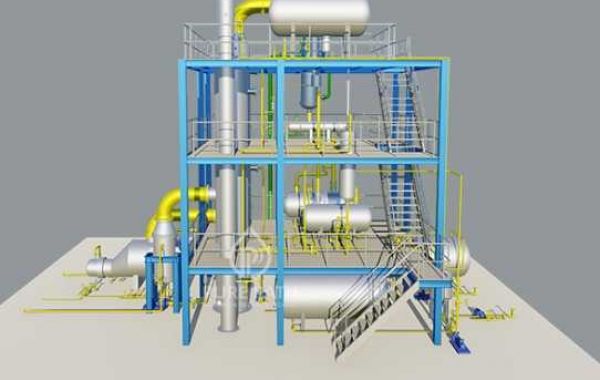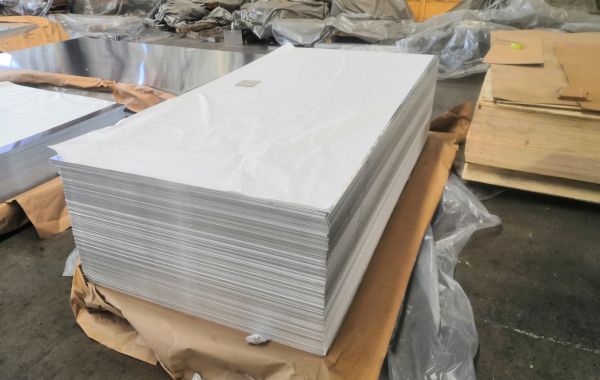Here, we delve into some of the hottest topics pushing the boundaries of used oil re-refining:
- Bio-based and Sustainable Catalysts:
Traditional re-refining processes often rely on catalysts containing harmful elements. However, a growing trend focuses on replacing these with bio-based catalysts. These catalysts, derived from renewable resources like plant materials or enzymes, offer several advantages:
Reduced environmental impact: Bio-based catalysts are typically less toxic and generate fewer harmful byproducts compared to their traditional counterparts, minimizing the environmental footprint of the re-refining process.
Renewable resources: Utilizing renewable resources for catalysts fosters a more sustainable approach, reducing reliance on non-renewable resources and contributing to a circular economy.
Potential for improved performance: Early research suggests that bio-based catalysts may even offer improved performance in terms of efficiency and the quality of the re-refined oil produced.
- Nanotechnology and Advanced Separation Techniques:
Nanotechnology and advanced separation techniques are emerging as game-changers in used oil re-refining. These technologies offer exciting possibilities for:
Enhanced impurity removal: Nanoparticles can act as highly efficient adsorbents, effectively removing even the most challenging impurities from used oil, potentially leading to the production of ultra-clean base oils.
Improved process efficiency: Advanced separation techniques like membrane filtration or supercritical fluid extraction can potentially streamline the re-refining process, reducing energy consumption and waste generation.
Potential for new applications: Producing ultra-clean base oils through these advanced techniques may open doors for using re-refined oil in entirely new applications beyond traditional lubricants.
- Closed-loop Recycling:
The concept of closed-loop recycling is gaining traction in the re-refining industry. This approach focuses on utilizing re-refined oil within the same industry it originated from. For example, used oil from industrial machinery could be re-refined and used to create lubricants for the same type of machinery. This offers several benefits:
Reduced transportation emissions: By eliminating the need to transport used oil over long distances for re-refining and transporting the finished product back to its origin, closed-loop systems significantly reduce transportation-related emissions and overall environmental impact.
Maximized resource recovery: Closed-loop recycling ensures the used oil remains within a specific industry, preventing any potential leakage or contamination and maximizing resource recovery within that system.
Potential for cost savings: Eliminating long-distance transportation can potentially lead to cost savings for businesses participating in closed-loop recycling systems.
These are just a few of the exciting advancements shaping the future of used oil re-refining. By embracing these innovative technologies and exploring their potential, the industry can continue to evolve towards a more sustainable future, ensuring responsible waste management and maximizing the value of this valuable resource.







